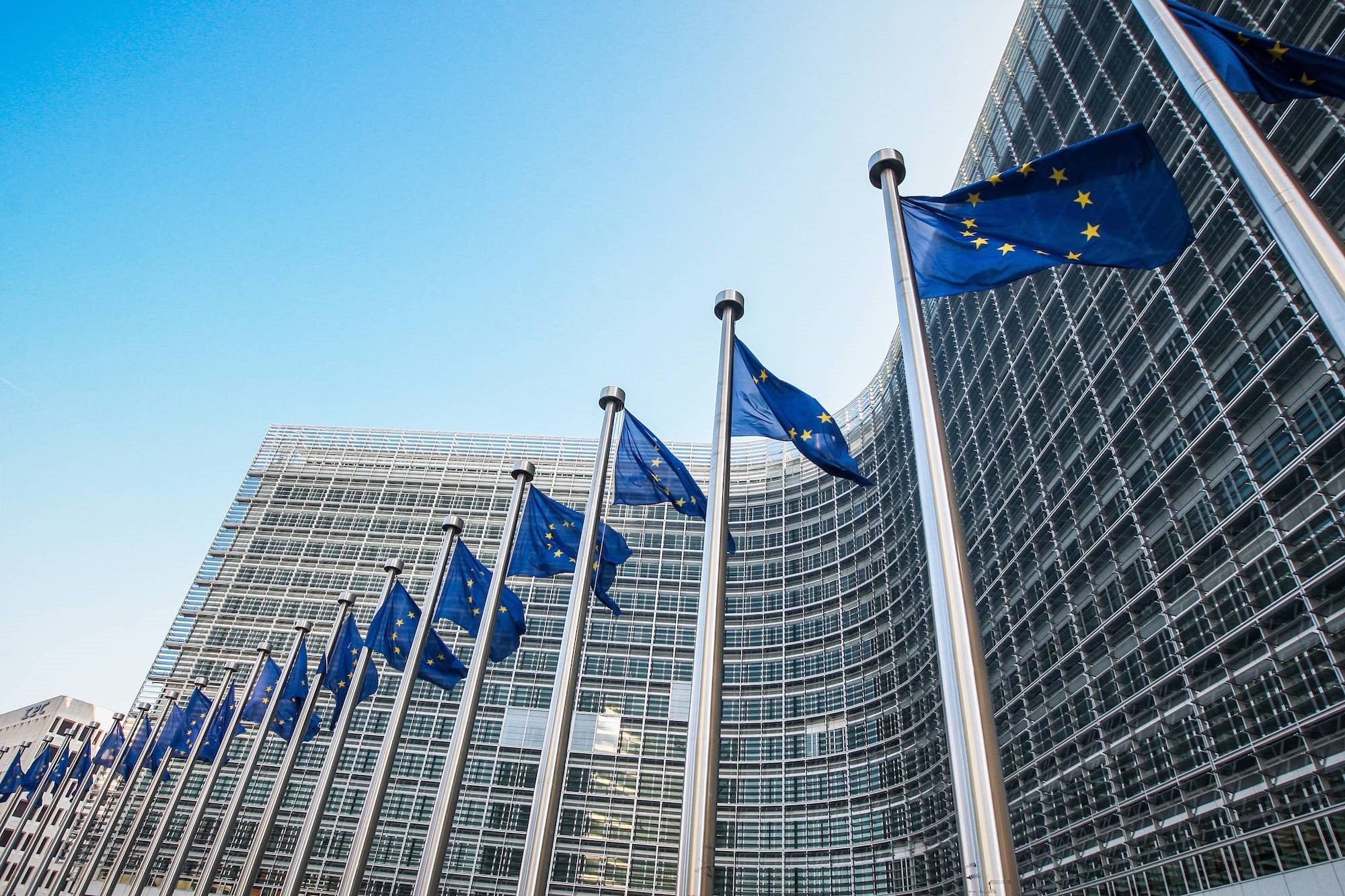
Supply chain sustainability: inefficiencies that affect businesses
Discover how inefficiencies in supply chain sustainability can impact your business performance, compliance, and reputation.

Discover how inefficiencies in supply chain sustainability can impact your business performance, compliance, and reputation.

In today's rapidly evolving business landscape, environmental, social, and governance (ESG) factors have become increasingly more important for companies to consider. Beyond their ethical and moral implications, ESG risks can also have a significant impact on a company's financial performance and reputation. As such, it is critical for businesses to build effective risk management frameworks that address these factors.

In recent times, environmental consciousness has gained significant traction worldwide. As the world is progressively transitioning towards sustainable practices, with the term 'green' becoming a buzzword, green appeal's rising popularity risks being contaminated by an unethical practice, Greenwashing.

Environmental, Social, and Governance issues, once considered peripheral, now hold the key to long-term success and resilience. As sustainability has become an imperative to embrace for companies, it is important to incorporate ESG considerations into a business’s strategy.

As investors, customers, and regulators increasingly prioritize sustainability, companies worldwide are adopting ESG criteria to improve their performance, manage risks, and enhance their reputations. However, implementing a one-size-fits-all approach may not be effective for every organization.

The banking sector plays a crucial role in the economy by providing financing and investment opportunities to businesses and individuals. However, it is also exposed to various environmental risks that can impact its operations, profitability, and reputation.

ESG, which stands for Environmental, Social, and Governance, focuses on investing in companies that meet certain ethical and sustainable criteria. However, navigating the world of ESG investing in a regulated financial landscape can be a daunting task. With so many regulations to consider, it can be difficult to know where to begin.

Green Procurement is defined as the integration of environmental considerations into purchasing policies, programs and actions. Green procurement, or green purchasing, is the involvement of the purchasing function in supply chain management activities, such as life cycle analysis (LCA) and environmental design that facilitates recycling, reuse and resource reduction.

ESG ratings are becoming an increasingly important indicator for companies of all sizes as they certify the stability of the company from the perspective of environmental, social and governance aspects.

We are glad to announce that the European Commission has officially adopted the European Sustainability Reporting Standards (ESRS) as of July 31st, 2023.